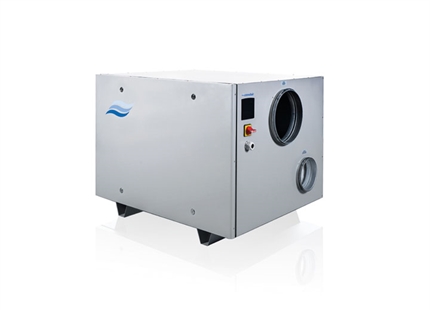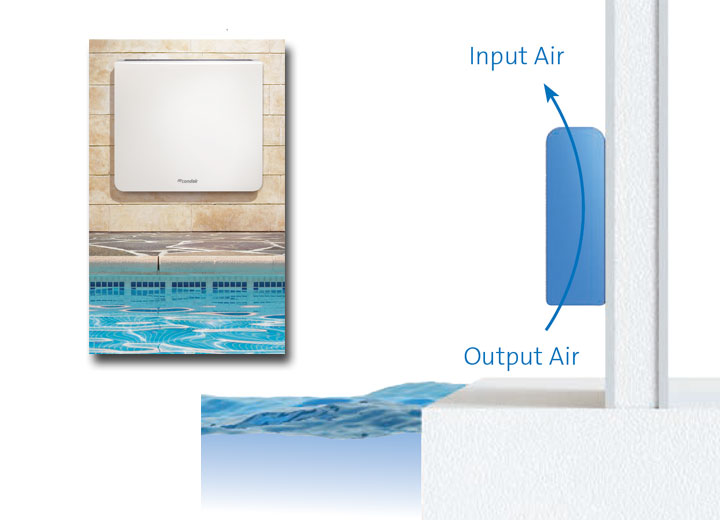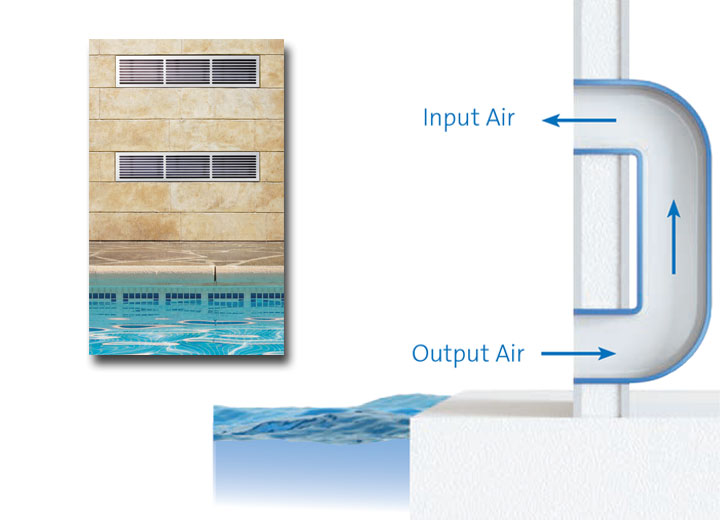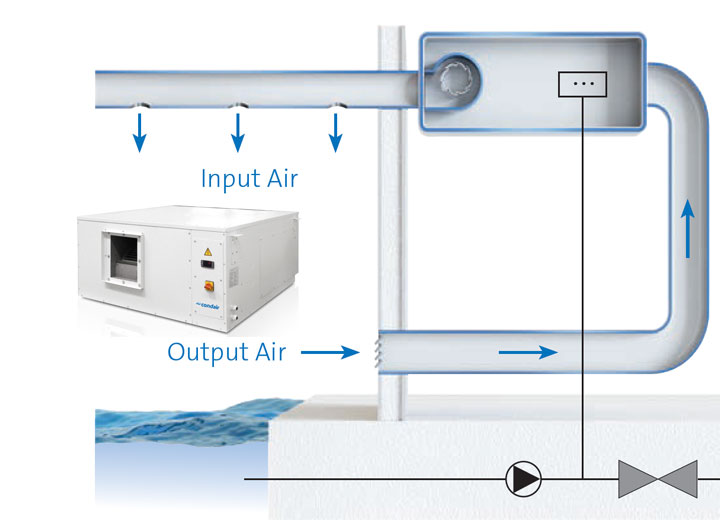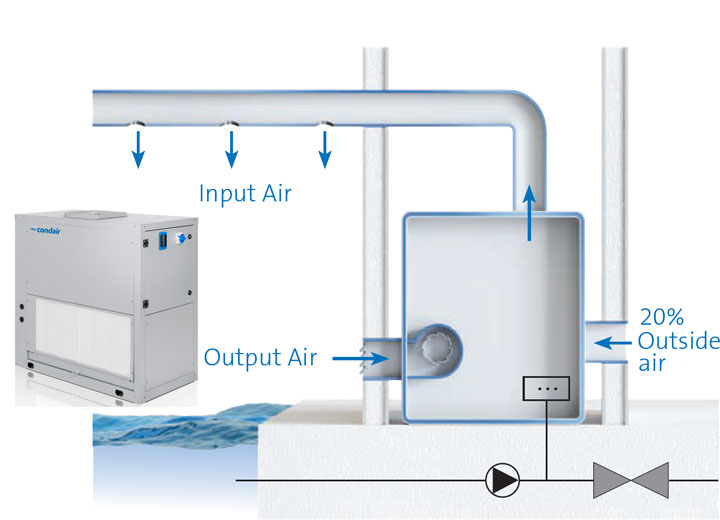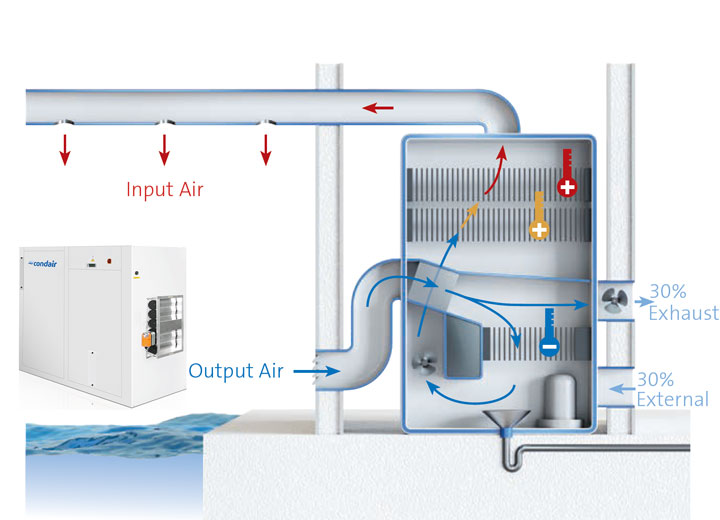Indoor swimming pool dehumidification
A high level of water evaporation from the pool surface and the high air temperature combines to produce very high relative and absolute indoor humidity levels and a feeling of oppresive heat. This is not just unpleasant for visitors and staff but unhealthy and damaging to the building's interior.
Maintaining an optimum humidity in an indoor pool area is essential to avoid condensation on walls, issues with corrosion and to provide a healthy enjoyable environment. Particular problems can occur around "cold spots", such as glass surfaces, metalic components and external walls, where water will more easily condense. This can lead to corrosion and the formation of mould.
The humidity for an indoor pool area should be set to between 50-60%RH. Any lower will encourage evaporation from the pool and any higher could lead to condensation on walls and surfaces.
A central aspect of indoor pool dehumidification is energy management. The dehumidification process creates heat. To reduce operating costs of an indoor pool, the heat created during drying should be recovered, either into the air of the room or into the pool water.
-
Typically 55%RH plus or minus 5%RH is a comfortable and practical humidity level for an indoor pool area.
It can be varied depending on the season, to minimise operating costs. When the weather is colder, condensation forms more easily on walls and surfaces. So setting 50%RH would be ideal. During the summer, this can be allowed to rise to 60%RH, reducing energy consumption and operating costs, whilst still avoiding condensation. -
Condensing dehumidifiers are the best type of dehumidifier for indoor pools, as they are efficient at high temperatures and can also be used to heat the pool water or the room itself.
Benefits of dehumidification in indoor swimming pools include:
- Creates a pleasant indoor pool environment for visitors and staff, enhancing the enjoyment of customers
- Reduces condensation, particularly on cold surfaces
- Reduces the possiblity of corrosion and reduces the formation of mould, with resultant damage to the building's interior
- Reduces the necessary maintenance and repairs of the infrastructure
- Creates a healthy place for staff to work
- Heat recovered from the dehumidification process can heat the water or room air
- Reduced costs when compared to ventilation and the necessary heating of incoming air
Vyra Suites Hotel in Qatar
“The ceiling mounted dehumidifiers are compact in size and were fixed above the pool and spa areas. We were very satisfied with Condair’s service and their prompt response to the project.
The quality of the Condair DP-C dehumidifiers is of a high standard and they were easy to install and simple for the customer to operate. We look forward to a working with the Condair team in the future.”
Get free expert advice on indoor pool dehumidifiers

PODCAST: HOW TO SIZE & SELECT A DEHUMLearn the important things to consider when approaching a commercial dehumidifier project.

Free 10-point guide to specifying dehumidifiers
Download your free 10-point guide to specifying dehumidifiers and get an easy-to-follow overview for planning dehumidifier projects.
It covers system design, dehumidifier selection & sizing, drying psychrometrics, energy saving and much more.
You may also be interested in...
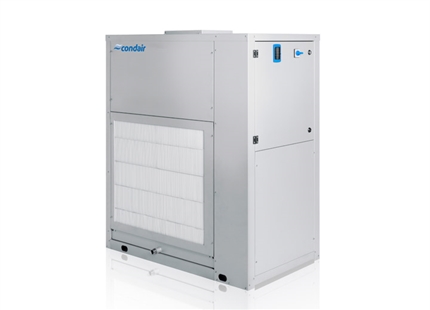
Condair DC condensing dehumidifiers
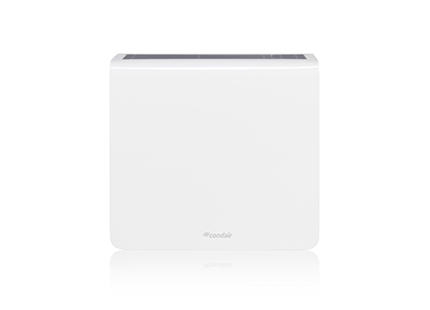
Condair DP swimming pool dehumidifiers
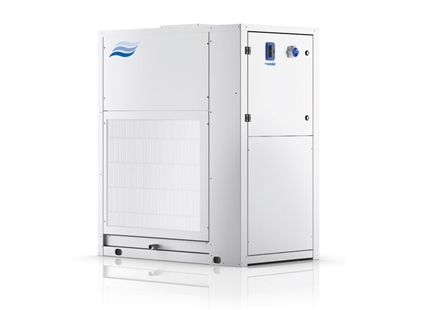
Condair DC-LT low temperature condensing dehumidifier
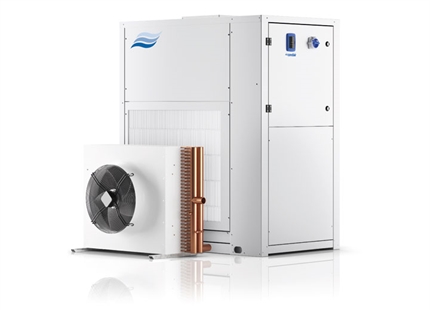
Condair DC-N dehumidifier with external condenser
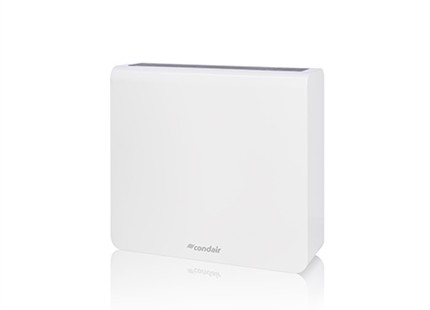
Condair DC wall and ceiling mounted condensing dehumidifiers
